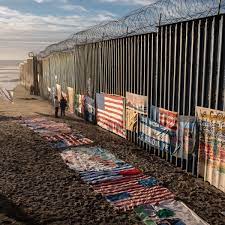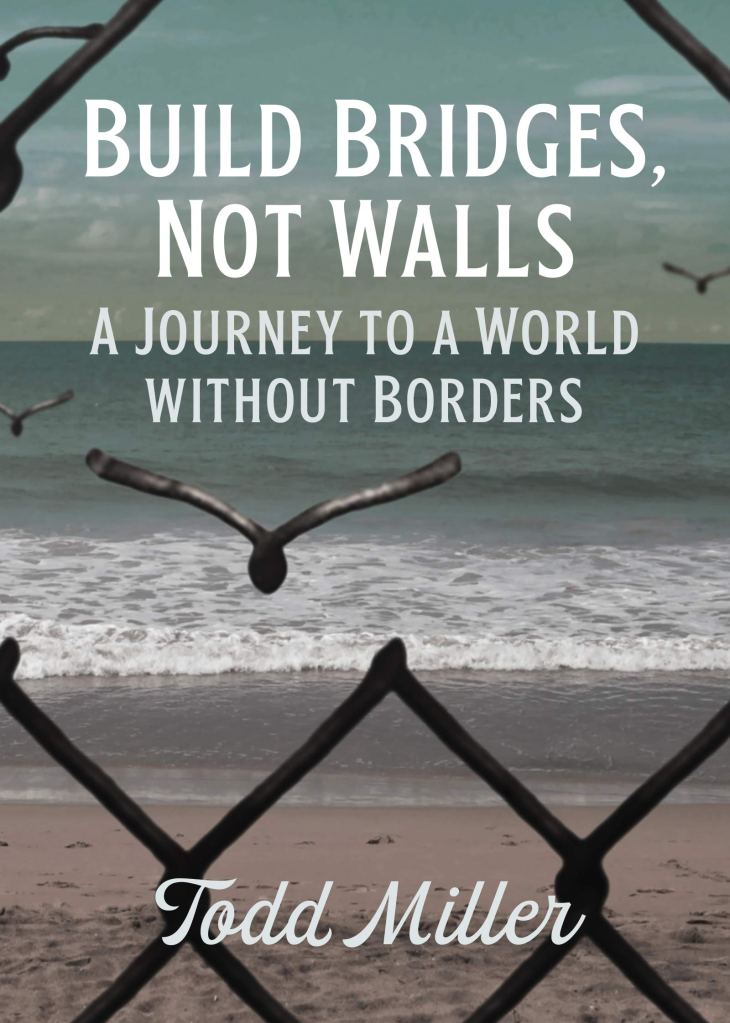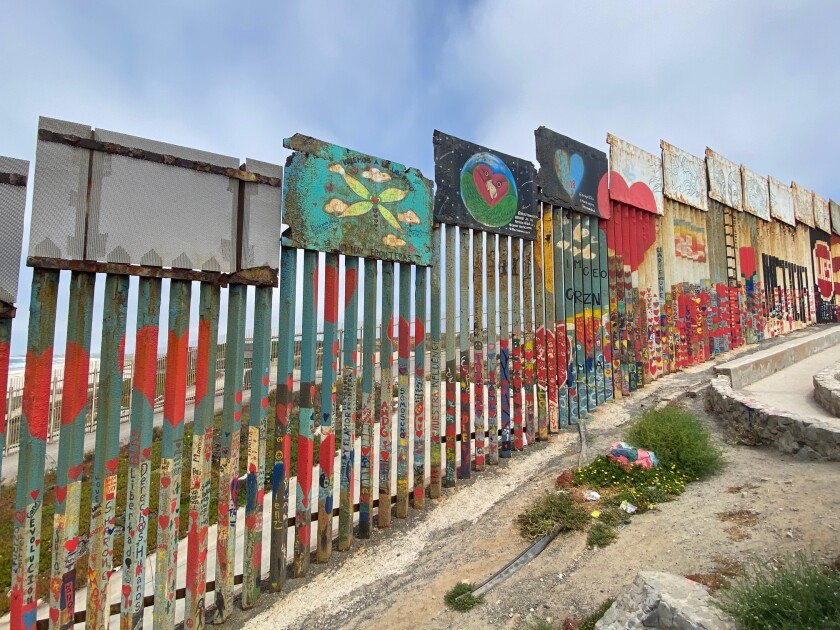
Todd Miller’s “Build Bridges, Not Walls” Discussion Reflection
During Todd’s discussion of his book Build Bridges Not Walls and the migrant experience, a couple of things resonated with me. Firstly, Todd discussed his visit to the Tohono O’odham reservation on the border of Arizona and the impacts that its location had on the tribe. He stated that the tribe had expressed to him that they felt as though they were constantly under surveillance by the government. This sentiment was too close for comfort. As a Palestinian engaging in Palestinian activism, I live in incessant fear, feeling as if I am constantly being watched. My fears, like the fears of the members of the Tohono O’odham tribe, are not unwarranted. With websites such as Canary Mission, which seeks to identify, demonize, and destroy the lives of those who even utter the words of “Free Palestine” on an online platform, and uses their activism to blacklist the individual from ever entering Palestine/Israel. In turn, Palestinian activists become paranoid and deterred from speaking out against injustice. When at Palestinian protests, protestors will cover their faces with a kuffiyeh, or Palestinian scarves, in fear that if they show their faces, bystanders passing by will take photos that will be used to identify and effectively blacklist them. The watchful eye of entities with such power is unsettling, but not knowing the extensity of their surveillance capabilities is absolutely unnerving.
Todd then introduces his experience with Juan Carlos, a Guatemalan migrant who made the trek across the U.S. border and needed help. Questions flooded Todd’s mind as to what compelled Juan Carlos to migrate. Among these questions, one, in particular, stood out to me. Todd had posed the question of what role U.S. policy may have played in destabilizing Juan Carlos’s country of Guatemala and therefore might have influenced his decision to migrate. This question is so important, yet one that is not asked nearly enough. As an individual who has had their home country ravaged by imperialism and colonialism, there is a tendency to solely blame countries for their shortcomings, without an acknowledgment of the impacts of its history of Western intervention in perpetuating a cycle of instability. What’s more, these countries are still being subjected to ongoing imperialist intervention, all in the name of resources and power. The subjection of Haiti, for example, to multiple colonialist and military interventions, perpetrated by the U.S. and its allies, has destabilized every part of the country. These interventions ravaged Haiti’s economic infrastructure, gave rise to political corruption, and subsequently affected their societal dynamics. Not to mention, America’s contribution of carbon emissions looms large in the global impacts of climate change, decimating infrastructure, and the agricultural sector, a phenomenon that Haiti is not a stranger to. Todd’s discussion of the issue of climate change was vital, as climate change creates food insecurity and various other issues that shape migration.
The fact of the matter is that the U.S. continues to fuel the destruction of the infrastructures of countries all around the globe yet will not acknowledge its role in policy, or even take responsibility for its actions by allowing climate refugees to seek refuge within its borders.
In one story of his books, Todd mentions the experience of a U.S. border patrol agent in the death he witnessed of an individual attempting to migrate to America. What stuck out to me about this was when he had stated that the agent’s superior had told the agent something to the effect of, “it’s okay that the group of men got detained and one man died because they were drug smugglers.” After this interaction with his superior, the border patrol agent walked through the halls of his apartment complex when he caught a whiff of the smell of weed emanating from his neighbor’s apartment. Our political leaders work tremendously hard to demonize these migrants and promote the “drug smuggler” narrative as a means to instill fear in the public, yet the simple truth of it all is that the paraphernalia is already among us, easily accessible to those who want it, with or without these alleged “drug smugglers.” If the issue with welcoming these migrants stemmed from the fear of drugs, then weed would not have been legalized in dozens of states and decriminalized in others.
Lastly, we heard Todd discuss the moment the border patrol agent tried to rescue the dying man among the group of migrants. The agent carried the man with his relative, using their arms as a makeshift stretcher. The summer sun beat down on them, and the sweat began to inch their arms down until they were holding hands, and at that moment, the border patrol agent envisioned he was carrying his brother. His gun strapped to his back did not stop the agent from describing the moment as intimate. When Todd told this story, I couldn’t help but think to myself that that was the exact moment we all needed. We need moments of intimacy and experience with one another, not guns and borders. This moment truly encompassed the meaning of building bridges and not walls.


